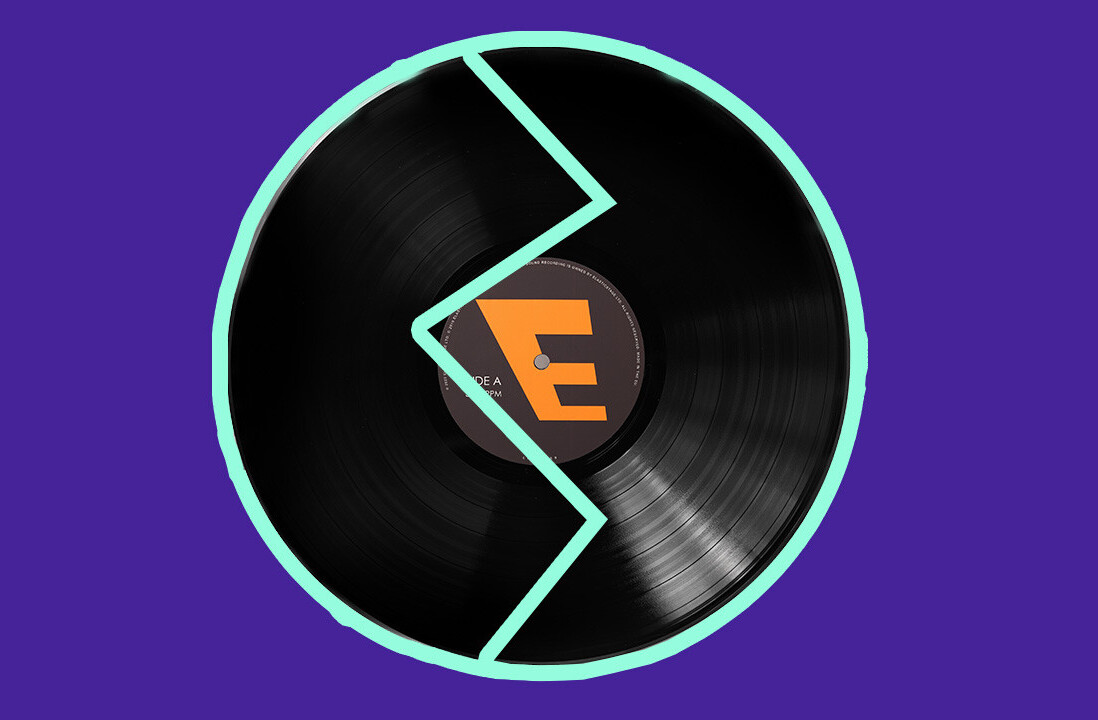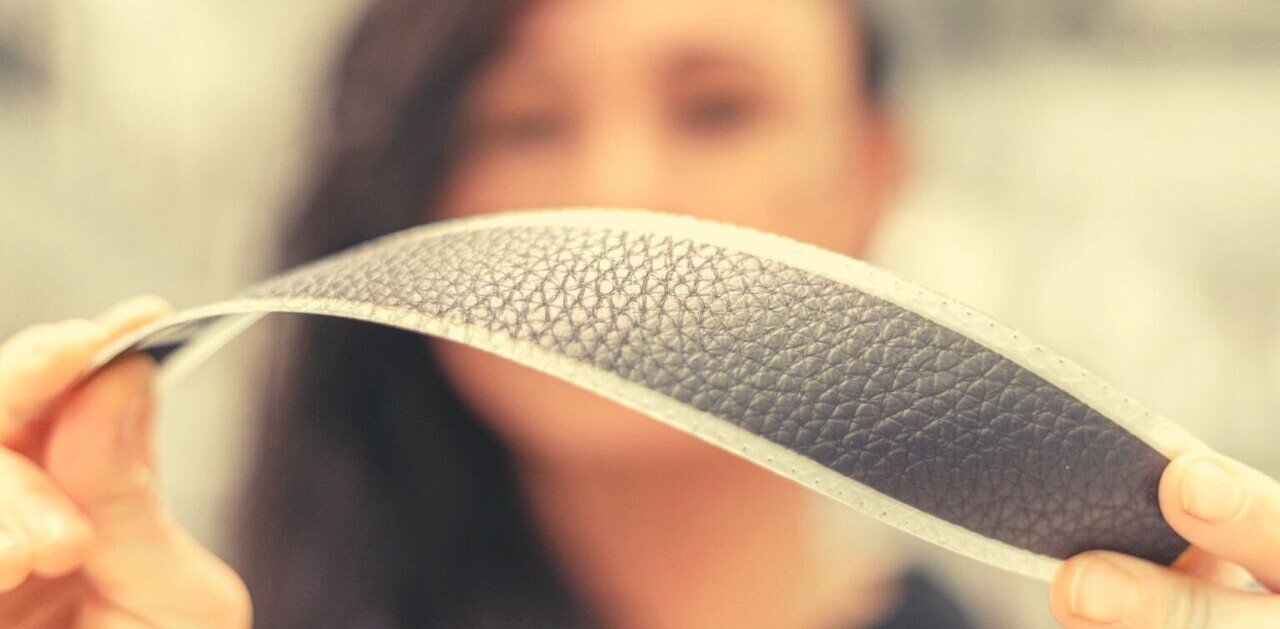
Few things in life are as important as a good night’s sleep, and in the always-on, hyper-connected world of today it can seem increasingly difficult to switch off and grab some proper shut-eye.
Luckily, technology is leaping to the rescue, with a range of solutions having come to market over the past couple of years that aim to solve to the problem. Here are five that are worth investigating if your sleep isn’t up to scratch.
WakeMate
One of the most hyped sleep products in the past year, the WakeMate is a wristband which you wear throughout the night. The idea is that it will wake you at the optimum time for your sleep cycle. Set the alarm for the latest time that you want to wake, and WakeMate’s alarm will go off at the optimum time within the 20 minute period before that. How does it calculate the best time to wake you? The wristband measures dips and peaks in your sleep cycle, and is designed to wake you at a time that doesn’t interrupt your body’s sleep pattern at the wrong point. This supposedly means you won’t be cranky when you wake up.
Wakemate also uploads data about your sleep to its servers, which means you can view graphs about how well, or poorly, you’re sleeping via its website, iPhone, Android or Blackberry apps. This allows you to compare your sleep on different days, and even drill down to a minute-by-minute level if you choose. A comparison tool lets you enter data about anything you think might effect your sleep. So if, for example, you reckon your coffee, sugar or alcohol intake affects your sleep, you can track it across multiple days to see for sure.
Wakemate costs $59.99 and is available to order from its website.
The Tanita Sleepscan
The Sleepscan, from Japanese firm Tanita, is a large pad that you place beneath your mattress. Then as you sleep, it uses a microphone to measure vibrations, tracking your body movement, breathing rate and pulse, saving the data to an SD card. This information can then be analysed by the accompanying software, giving you a range of graphs that display how many hours you slept for, the number of times you woke up and more.
Currently available in Japan, the Sleepscan can be bought as import in other countries. You’ll have to be prepared to shell out though, we found it selling for as much as $653.
Zeo
Zeo is billed as a “personal sleep coach”. Comprising a headband, a bedside alarm clock-style device and an online service, Zeo aims to be an all-round solution that not only gives you information about your sleep pattern, but also tips to improve the quality of shut-eye you get. Similarly to other products listed here, the headband acts as a way of measuring your activity throughout the night. The bedside device then displays your ‘sleep score’ for the night when you wake. As with Wakemate, it can also be set to wake you at the optimal time.
Your sleep data can be uploaded to the Web from an SD card and USB reader, letting you view detailed data from your sleep history. Zeo can additionally send you personalised emails with advice for a better night’s sleep, and offers an online library of information to help you improve.
Lark
If you share your bed with someone, you’ll probably know how annoying it can be when their alarm wakes you before you need to be up. Lark aims to solve this problem by way of a wristband which will gently vibrate at the time you want to wake. The wristband is controlled via an iPhone app, although it will continue to work independently if your phone battery dies overnight. The app additionally gives you sleep stats, letting you see how well you’re meeting your goals and how your sleep compares to the population’s average.
Lark costs $189 and is available online as well as at Apple stores across the US.
Pzizz
This one’s not quite a gadget, but it works with a gadget. Pzizz is an app available for Windows, Mac and iOS that plays a range of relaxing soundtracks designed to help you drift off to sleep. Rather than limit music to just a handful of options, Pzizz has enough combinations of audio to ensure you never get overly familiar with the music. Pzizz can be set to run for between ten and ninety minutes. If you don’t want your computer or iOS device next to your bed, you can export CDs or MP3 files of its music instead.
Pzizz costs $89.99 for Windows and OSX, or you can get the iOS app for the far more reasonable $5.99.
Get the TNW newsletter
Get the most important tech news in your inbox each week.






